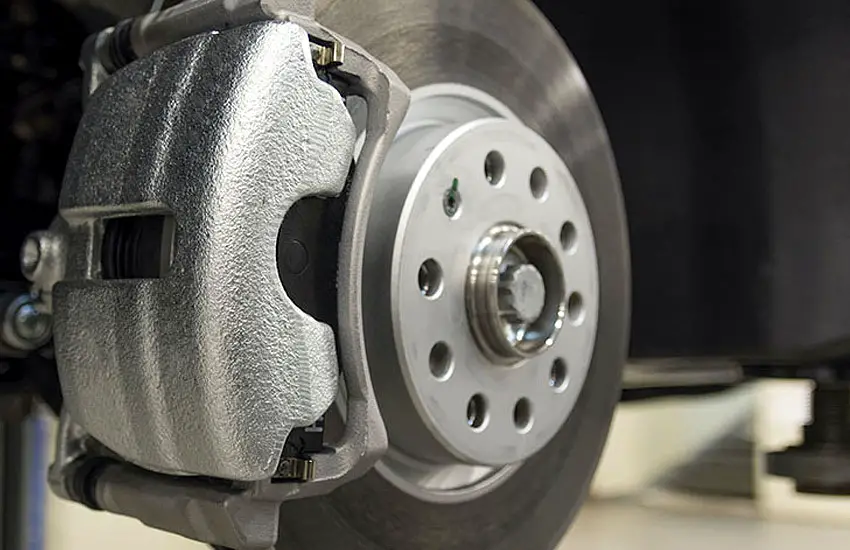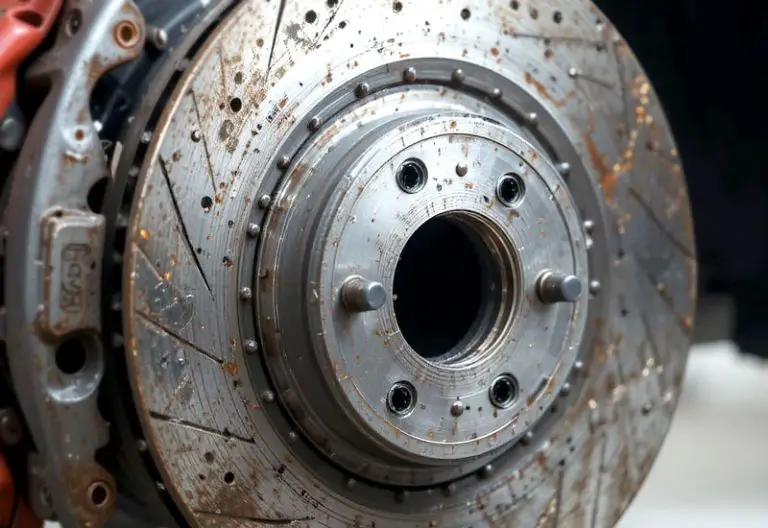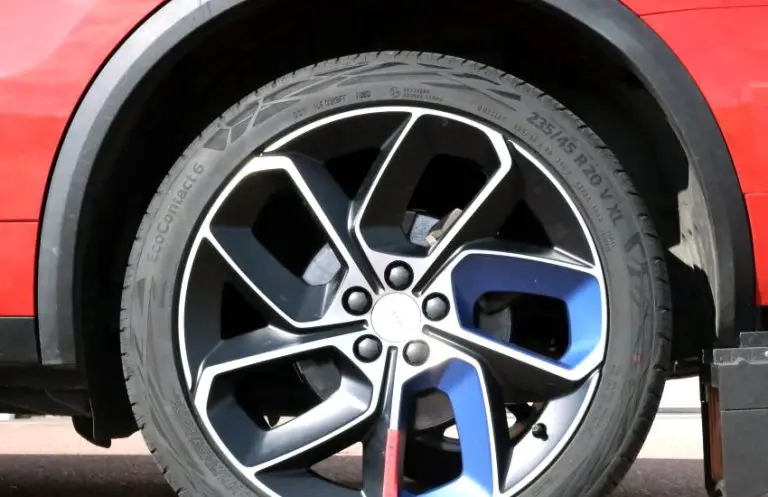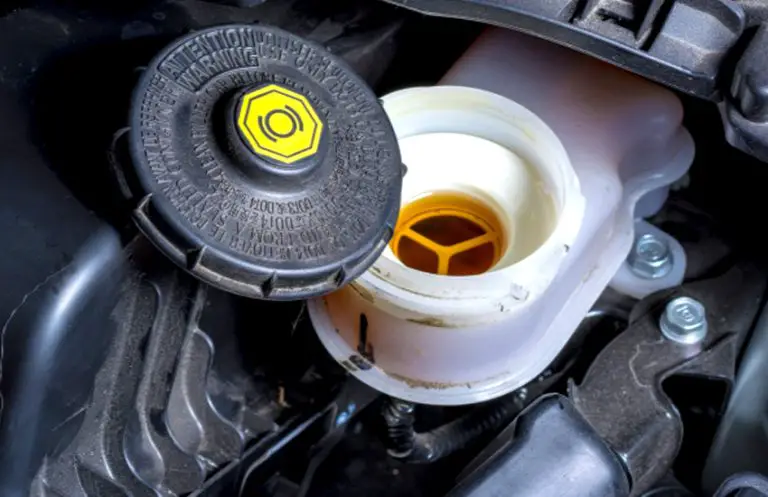When you press down on your car’s brake pedal, you are relying on a well-engineered system of parts working together to keep you safe. Among these parts, the brake pads and calipers play a crucial role in stopping your vehicle. But have you ever wondered if brake pads should fit snugly in the caliper? This question may seem technical, but understanding it is essential for maintaining a safe and well-functioning braking system.
In this blog post, we’ll dive deep into the importance of brake pad fit, how it affects braking performance, and why ensuring the right fit is vital for safety and efficiency. Whether you’re a car enthusiast, a regular driver, or someone looking to understand the intricate workings of your car’s braking system. Let’s begin by examining the relationship between brake pads and calipers and why a snug fit matters.

Understanding the Brake System: The Role of Brake Pads and Calipers
Before discussing whether brake pads should fit snugly in the caliper, it’s important to understand the basic function of the brake system, particularly the brake pads and calipers. The brake system is responsible for slowing down or stopping your vehicle, and it does so by converting kinetic energy into heat energy through friction.
What are Brake Pads?
Brake pads are crucial components of disc brakes, the most common braking system used in modern vehicles. These pads are typically made from friction material, such as semi-metallic, ceramic, or organic compounds, which are designed to create friction when they press against the brake disc (also called a rotor). The friction between the brake pads and the rotor slows down the wheel, eventually bringing your vehicle to a stop.
Over time, the friction material on brake pads wears down, reducing their effectiveness. For this reason, it’s essential to replace brake pads regularly. However, when new brake pads are installed, the way they fit into the caliper is just as important as the material they’re made of.
What are Brake Calipers?
The brake caliper is the part of the braking system that houses the brake pads and is responsible for applying pressure to them. It is typically made of aluminum or cast iron and has the job of squeezing the brake pads against the rotor to create the friction needed to stop the vehicle.
There are two main types of brake calipers:
- Floating Calipers – These move in and out relative to the rotor.
- Fixed Calipers – These stay in place and use pistons to apply pressure.
The caliper is connected to the braking hydraulic system. When you press the brake pedal, brake fluid travels through the brake lines, activating the caliper pistons. The pistons move, pushing the brake pads toward the rotor to create the necessary friction.
The Importance of Brake Pad Fit
A proper brake pad fit is essential for ensuring the system works efficiently. If the brake pads do not fit snugly in the caliper, they may not contact the rotor evenly, leading to poor braking performance. A loose or improperly fitted brake pad may even cause premature wear, noise, or damage to other components like the rotor or caliper.
Now that we have a basic understanding of the braking system, let’s explore the question at hand: should brake pads fit snugly in the caliper? The short answer is yes, but it’s important to understand the nuances behind this answer. Let’s take a deeper dive.
Why Brake Pads Should Fit Snugly in the Caliper
A snug fit for the brake pads in the caliper ensures optimal braking performance, durability, and safety. When brake pads fit correctly, they make proper contact with the rotor, ensuring even wear and consistent stopping power. If the brake pads are too loose or too tight, a range of problems can occur. Let’s break down the key reasons why a snug fit is essential.
1. Ensures Proper Friction and Braking Performance
The primary function of brake pads is to create friction against the brake rotor. For this friction to be effective, the brake pads must have uniform contact with the rotor’s surface. When brake pads fit snugly in the caliper, they are positioned correctly, allowing them to make full contact with the rotor. This uniform friction is what enables your vehicle to stop quickly and efficiently.
If the brake pads are too loose in the caliper, they may not press evenly against the rotor. This uneven pressure can cause a drop in braking performance, as well as increased wear on both the pads and the rotor. On the other hand, if the pads are too tight, they may not move freely within the caliper, leading to reduced braking efficiency and even potential damage.
2. Prevents Premature Wear and Tear
Brake pads are designed to wear down over time due to the constant friction they experience while braking. However, improper fitting can accelerate the wear process. If the brake pads are too loose in the caliper, they may move around, causing uneven wear. This can lead to the pads wearing down in spots while leaving other areas untouched, making them less effective and needing replacement sooner than expected.
A snug fit ensures that the brake pads wear evenly. Even wear means the pads can last longer, providing consistent braking performance throughout their lifespan. Additionally, proper fit reduces the chance of unnecessary wear on the rotor and caliper.
3. Prevents Noise and Vibration
Improperly fitted brake pads can cause a variety of noises and vibrations. Loose brake pads may rattle within the caliper, creating an annoying squeaking or grinding sound when you apply the brakes. Not only is this uncomfortable, but it’s also a sign that something is wrong with the brake system.
A snug fit helps prevent these noises by keeping the brake pads firmly in place. When the pads are properly positioned within the caliper, they apply pressure evenly and silently against the rotor, leading to a smoother, quieter braking experience. Vibrations caused by loose pads can also be minimized, contributing to a more comfortable drive.
4. Enhances Safety
One of the most important reasons why brake pads must fit snugly in the caliper is safety. Brake failure or reduced braking performance can lead to accidents, injuries, or even fatalities. When the pads don’t fit correctly, the braking system becomes less reliable, which could result in reduced stopping power or, in the worst-case scenario, complete brake failure.
A snug brake pad fit ensures that your braking system is working as designed. It guarantees that the pads will apply consistent pressure to the rotor, giving you reliable stopping power when you need it the most.
5. Reduces the Risk of Brake Pad Shifting
When brake pads don’t fit snugly in the caliper, they are at risk of shifting during braking. This shifting can occur when the pads move around due to vibrations or uneven pressure. When the pads shift, they may not contact the rotor evenly, which can result in erratic braking performance, as well as the risk of damaging other components in the braking system.
A snug fit helps keep the pads securely in place, preventing shifting and ensuring that they maintain consistent contact with the rotor. This is crucial for both performance and safety, as any unwanted movement in the braking system could have serious consequences.
What Happens If Brake Pads Don’t Fit Properly?
Improperly fitted brake pads can lead to several issues that can affect the vehicle’s braking performance, safety, and overall driving experience. Here are some potential consequences of a poor brake pad fit:
1. Reduced Braking Efficiency
If the brake pads are too loose, they may not make full contact with the rotor, reducing the overall braking efficiency. The pads may also wear unevenly, leading to decreased stopping power. A loose fit may even cause the pads to miss certain areas of the rotor, reducing their ability to slow down or stop the vehicle effectively.
2. Unusual Noises
Brake pads that fit poorly within the caliper may create unusual noises. These can include squeaks, squeals, or grinding sounds when the brakes are applied. These noises are often the result of friction caused by the pads shifting or uneven contact with the rotor. Not only are these sounds irritating, but they also indicate that there is a problem that needs to be addressed.
3. Premature Wear on Components
When brake pads don’t fit snugly, the increased friction can lead to faster wear on the pads themselves, the caliper, and the rotor. This can lead to higher maintenance costs and the need for more frequent replacements. Uneven pad wear can also cause damage to the rotor, leading to a need for more expensive repairs.
4. Potential Brake Failure
In the worst-case scenario, a loose or improperly fitted brake pad can lead to complete brake failure. If the pads are not aligned correctly, they may not make proper contact with the rotor, preventing the vehicle from stopping effectively. This could lead to dangerous situations, especially at high speeds or in emergency braking scenarios.
5. Poor Driving Experience
Finally, improperly fitted brake pads can lead to a poor driving experience overall. You may experience poor pedal feel, reduced stopping power, and erratic braking. This not only compromises safety but also creates an unpleasant driving experience.
I hope this article has provided you with a comprehensive understanding of the importance of brake pad fit in the caliper. Ensuring that brake pads fit snugly within the caliper is essential for optimal braking performance, safety, and the longevity of your brake system components. Regular maintenance and proper installation are key to keeping your car’s braking system functioning at its best.
Are These Questions in Your Mind?
Is it safe to drive if the brake pads don’t fit snugly in the caliper?
If the brake pads don’t fit properly, it can reduce braking performance and increase wear, making it unsafe to drive until the issue is fixed.
Can loose brake pads damage the rotor?
Yes, loose brake pads can cause uneven wear on the rotor, potentially damaging it and requiring more costly repairs.
Do I need to replace brake pads if they don’t fit properly in the caliper?
Yes, if the brake pads don’t fit snugly, they should be replaced to ensure proper function and safety.
Is it possible to adjust brake pads to make them fit snugly?
In most cases, brake pads need to be replaced or installed correctly by a professional to ensure they fit snugly in the caliper.
Can worn brake pads cause them to not fit properly?
Yes, as brake pads wear down, they can become misshapen, which may prevent them from fitting snugly in the caliper.
Do I need to replace the caliper if the brake pads don’t fit snugly?
Not necessarily. The caliper may still be fine, but the brake pads may need replacement or adjustment to ensure proper fit.
Is it okay if the brake pads are slightly loose in the caliper?
No, slight looseness can lead to uneven wear, decreased braking efficiency, and potential safety hazards.
Can a professional mechanic help ensure brake pads fit properly in the caliper?
Yes, a qualified mechanic will ensure the brake pads fit properly and are installed correctly.
Do I need to check the brake pad fit during every maintenance check?
It’s a good idea to check the fit of the brake pads during regular maintenance to ensure they are wearing evenly and fitting snugly in the caliper.
Is it possible to install brake pads myself if I want to check the fit?
While you can install brake pads yourself, it’s best to have them checked by a professional to ensure they fit snugly and are properly aligned.


